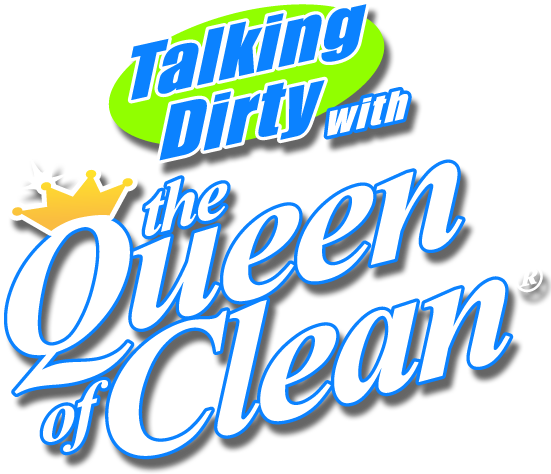CLEANING TIP SEARCH
Find your cleaning solution below
Products That DESTROY CORONAVIRUS (COVID-19)
PRODUCTS THAT DESTROY CORONAVIRUS (COVID-19) – As seen on 3TV/Phoenix – Good Morning Arizona – Monday, March 16, 2020 – 8:45am & Saturday, March 21, 2020 – 6:45am and 9:45am
The Coronavirus has an envelope around it that allows it to merge with other cells to infect them. If you disrupt that coating, the virus can’t do that, so it can’t reproduce.
These are products you can use that are CDC approved that will work. Some other products that we often use to disinfect, will not work against this virus.
Cleaning Products That Destroy Coronavirus
Soap and Water
Just the friction from scrubbing with soap and water can break the coronavirus’s protective envelope. Scrub your hands, don’t just wash. Wash for at least 20 seconds. Discard the towel or leave it in a bowl of soapy water for a while to destroy any virus particles that may have survived. Using paper towels also works.
Bleach
The Centers for Disease Control and Prevention recommends a diluted bleach solution (⅓ cup bleach per 1 gallon of water or 4 teaspoons bleach per 1 quart of water) for virus disinfection. Wear gloves while using bleach, and never mix it with ammonia or anything except water.
Bleach works great against viruses, Don’t keep the solution for longer than a few days because bleach will degrade certain plastic containers if you store it in them.
Bleach can also corrode metal over time, so do not get into the habit of cleaning faucets and stainless steel products with it. Because bleach is harsh for many countertops as well, you should rinse surfaces with water after disinfecting to prevent discoloration or damage to the surface.
Isopropyl Alcohol
Alcohol solutions with at least 70 percent alcohol are effective against coronavirus. You can also buy 91% alcohol. Do not dilute the alcohol solution. Alcohol is generally safe for all surfaces.
Hydrogen Peroxide
According to the CDC, household (3 percent) hydrogen peroxide is effective in deactivating rhinovirus, the virus that causes the common cold, within 6 to 8 minutes of exposure. Rhinovirus is more difficult to destroy than coronaviruses, so hydrogen peroxide should be able to break down coronavirus in less time. Pour it, undiluted, into a spray bottle and spray it on the surface to be cleaned, but let it sit on the surface for at least 5-10 minutes. Then wipe if you want. Safe for food prep areas. If you buy the larger size 32 0z peroxide you can attach a sprayer to the top and use it that way. Do not expose it to light – use an opaque container – because light will destroy the peroxide.
Hydrogen peroxide is not corrosive, so it’s okay to use it on metal surfaces. But similar to bleach, it can discolor fabrics if you accidentally get in on your clothes. It’s great for getting into hard-to-reach areas. You can pour it on the area and you don’t have to wipe it off because it essentially decomposes into oxygen and water.
What Not to Use Against Coronavirus
Homemade Hand Sanitizer
You’re probably seeing all sorts of hand sanitizer recipes. Unless stores are totally out of hand sanitizer I would not advise making your own. Sanitizers are tested and retested and made to a set of standards. You can’t replicate that at home. If you have to make it, check out my recipe on FB and Queenofclean.com and you MUST use 70% or 91% alcohol,
Vodka
There are widely circulated recipes on the internet using vodka to combat coronavirus. 80-proof does not contain enough ethyl alcohol (40 percent compared with the 70 percent required) to kill the coronavirus.
Distilled White Vinegar
Disinfection recommendations using vinegar are popular online, but there is no evidence that they are effective against coronavirus.
Essential Oils
Essential oils are generally not effective against the Coronavirus, even Tea Tree Oil that I generally love and recommend. These oils can’t break down the shell around the virus to kill it.

